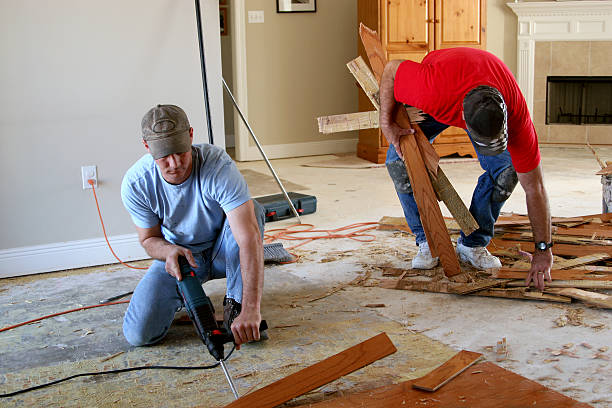Have you noticed a musty smell that won’t go away?
Are there mysterious stains creeping across your walls or ceilings?
Or perhaps you or your family are struggling with lingering allergies, coughs, or congestion that don’t seem to have a clear cause?
While these problems might seem unrelated, they often have one hidden link: mold.
When the signs are subtle but suspicious, a professional Mold Assessment can connect the dots — and help you fix the problem at its source.
1. That “Old House” Smell
Many people chalk up a musty odor to an “old house” quirk, but in reality, smell is often the first clue that mold is present.
Even if you can’t see any visible growth, mold releases gases called microbial volatile organic compounds (MVOCs) that create that distinctive, earthy smell.
If you notice:
- Persistent musty or damp smells
- Odors strongest after rain or humidity spikes
- Smells localized in certain rooms (like basements, bathrooms, or closets)
…it’s time to investigate with a mold assessment.
2. Mysterious Stains or Discoloration
Not all mold looks like dramatic black patches.
It can appear as:
- Yellow or brown water stains
- Fuzzy white patches
- Greenish smudges on walls or ceilings
- Peeling paint or bubbling wallpaper
Sometimes what looks like a simple stain is actually mold feeding on drywall or wood behind the surface.
A professional inspection can determine what’s cosmetic — and what’s cause for concern.
3. Unexplained Health Issues
Lingering health symptoms, especially respiratory or allergy-related, can often trace back to indoor mold exposure:
- Chronic coughing or sneezing
- Runny or congested nose
- Headaches
- Fatigue
- Skin irritation
- Worsening asthma symptoms
If you or your family feel better when spending time outside the home, indoor air quality could be the issue — and mold may be the culprit.
A Mold Assessment includes air quality testing that can uncover hidden spore levels affecting your health.
4. Recent Water Events
Even if there’s no visible mold yet, if your home recently experienced:
- A roof leak
- Plumbing issues
- Flooding
- HVAC condensation problems
…it’s smart to schedule a professional assessment.
Mold can start growing within 24-48 hours of moisture intrusion, even inside walls or under floors where you can’t see it.
5. Feeling Unsure? Trust Your Gut
You know your home better than anyone.
If something feels “off” — strange smells, persistent dampness, unexplained health changes — it’s worth trusting your instincts.
An experienced inspector can either give you peace of mind that all is clear or catch problems early when they’re easiest (and cheapest) to fix.
Conclusion
Small clues often point to bigger hidden issues.
When in doubt, a professional Mold Assessment can help you uncover the root causes of strange smells, stains, and health symptoms — and ensure your home stays safe, healthy, and comfortable.



